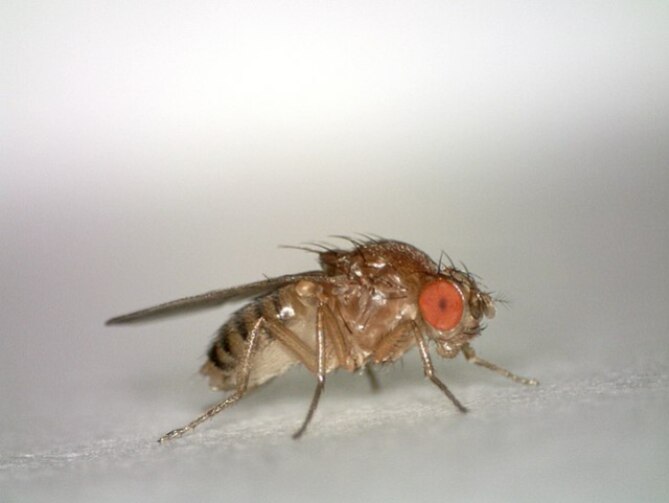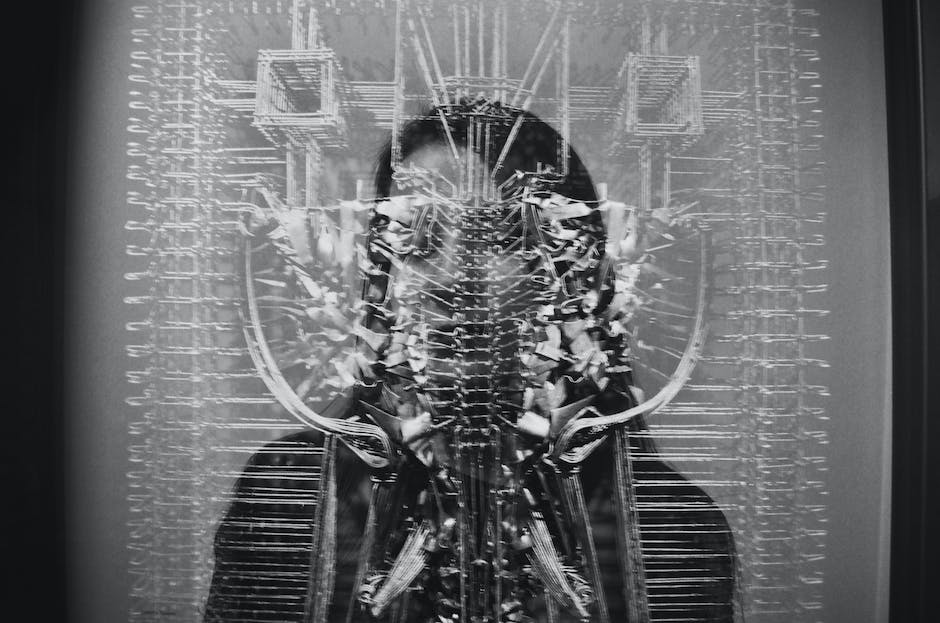[ad_1]
Flies don’t just perceive death—they’re traumatized by it. New research shows that when fruit flies see the carcasses of their fallen brethren, they age faster, offering scientists valuable insight into how animals respond to intraspecies death.
Dr. Christi Gendron, a neurobiologist at the University of Michigan, has studied the effects of intraspecies death on animal physiology for years. Her team’s past research found that housing live fruit flies (Drosophila melanogaster) with deceased ones reduced flies’ starvation resistance, shrunk their fat stores, and accelerated aging—specifically in ways that impacted the flies’ sight and serotonin receptors. But the mechanisms that caused these changes were still unknown, pushing Dr. Gendron and her colleagues to dig into the phenomenon further.
The neural processes behind these physiological trauma symptoms are no longer a mystery. The team obtained fruit fly carcasses via starvation, then exposed living flies to “freshly dead flies” over two days. A fluorescent green dye allowed the researchers to monitor the living flies’ brain activity. When the team dissected the flies that had seen the carcasses, they found concentrated activity in the ellipsoid body (EB), a part of the brain responsible for integrating sensory information, arousal, navigation, and sleep.

Credit: Hannah Davis/Wikimedia Commons
Dr. Gendron and her colleagues decided to test this in reverse. They deactivated the key neurons in living flies’ EBs, then exposed those flies to Drosophila carcasses. These flies did not experience the same physiological effects as activated-EB flies, suggesting that the aging mechanisms seen previously are a direct product of the EB.
As pest-hating humans, it’s difficult not to respond to Dr. Gendron’s research with a smug sense of morbid satisfaction. But this study reveals far more than just the inner workings of the fruit fly. Understanding the physiological changes after trauma could be game-changing for several fields, including agriculture, conservation, animal welfare, and human psychology. Fruit flies and humans might not have identical physiology, but research related to the former could pave the way for groundbreaking discoveries regarding the latter.
“Understanding the neural circuits through which death perception impacts [neurons] may inform future work directed toward understanding the consequences associated with this, and perhaps other sensory experiences in individuals, including humans,” Dr. Gendron’s team writes in PLOS Biology. “By contributing to an understanding of the physiological effects of death exposure and the biological mechanism(s) that drive them, our results may provide insight for treating individuals routinely exposed to stressful situations surrounding death, including active combat soldiers and first responders.”
[ad_2]
Source link
















